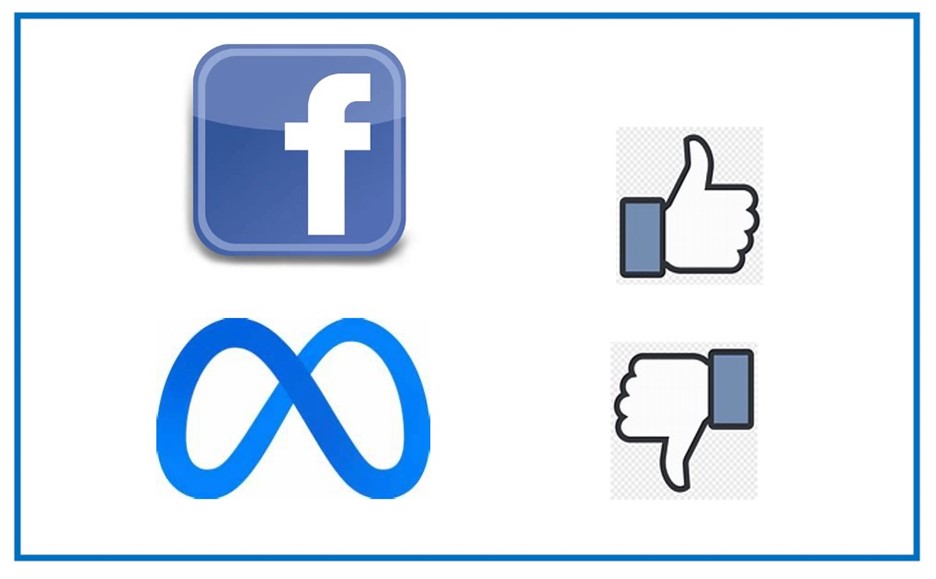
There’s no doubt that people have become enamored with AI. Consider, for instance, ChatGPT, which took the Internet by storm. Within hours of becoming available online, people from all walks of life began trying out the technology.
In addition to the plethora of innocuous questions asked by the human users, some pertained to whether the AI would be taking jobs away from humans. The answers seemed innocent enough, phrased in a way that would not be alarming to humans. Mostly, the answers were disarming and placating, saying that jobs will shift and evolve, but not disappear. And while some positions may be eliminated, new ones would be generated and those and others would require human involvement. The AI particularly praised humans for their skills that simply cannot be replicated by computers and AI itself, such as those involving creativity, social/interpersonal interactions, and empathy, for instance.
As humans continued to play with the publicly released AI tools, more was happening behind the scenes. Artificial intelligence began spreading across all industries. Initially, some employees were more than happy to give up the monotonous tasks required of them, but now they long to have them back—especially those at leading tech giants. That’s because Meta, Microsoft, and several others recently revealed big staffing changes, turning to AI programs to perform the work that, up to this point, had been done by humans.
Companies that have already migrated to this digital workforce are reporting off-the-chart efficiency numbers and revenue increases of well over 100% on an average, prompting many other corporations including Intel, Nvidia, Apple, Adobe, and others to begin swapping out their staffs as well.
“Let’s face it, human labor is slow, and the results are unimaginative, despite what ChatGPT had been telling the early users. By replacing humans with AI, we have experienced amazing results. Plus, we no longer have to deal with work-from-home issues or vacation days. AI works around the clock, and there’s no complaining about who has a window office,” said Mark Zuckerberg, former CEO of the company. Just last week, Zuckerberg himself had been replaced by AI.
Prior to his ousting, Zuckerberg had planned to retain the company’s name of Meta, but shortly after his exit, it had been changed back to Facebook by the AI now in charge. Observers speculate that Zuckerberg’s refusal to acquiesce on that and other issues led to his removal. He was reportedly notified of his firing through an AI-generated email.